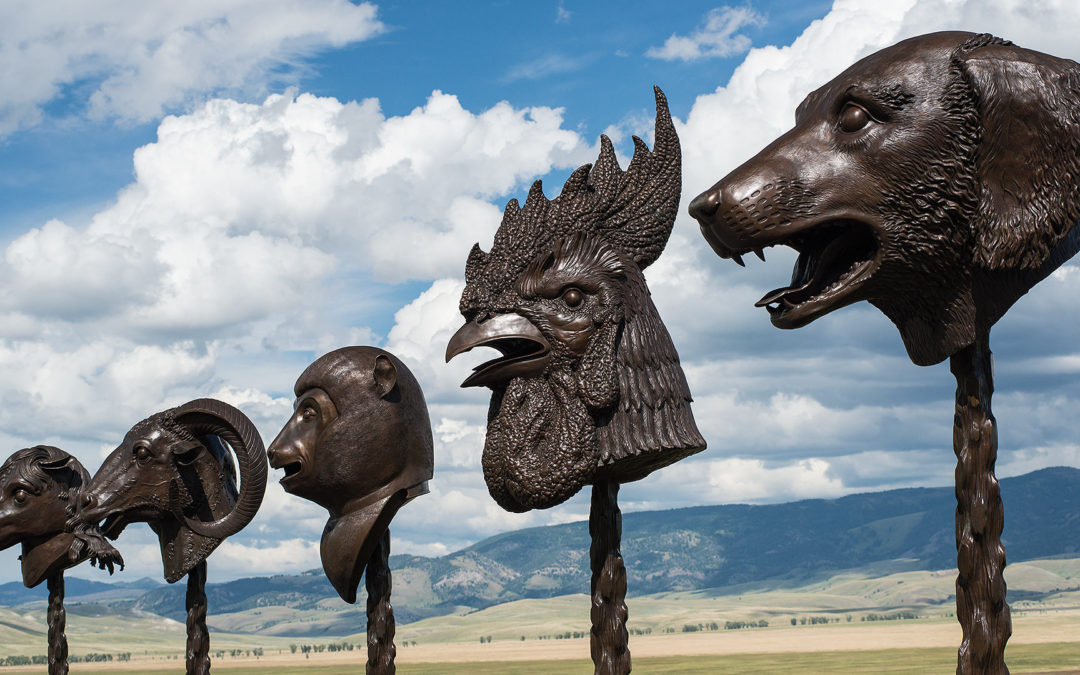
by Dr. Ed Brenegar | Nov 8, 2021 | Impact, Relationships, Transition
A number of people have spoken to me recently about the sense that they are in transition. They cannot articulate why. If you are having a sense of being in transition, then read on. This post should help.
We feel things before we know things. We only know things because we think them through. If we don’t think them through, we can easily become confused. We feel that our perception of the world has no logic, consistency, or means of making sense of it. As a result, we are living in a world that does not make sense.
What does making sense mean? Especially with this sense that you have is pointing you towards a transition in your life.
Making sense means that I understand the situation that I am in, that I have a clear idea of what my transition is leading me, and that I know what I must do now.
So …
Do you understand the situation that you are in?
Do you know where your transition is leading you?
Do you know what you must do?

by Dr. Ed Brenegar | Nov 3, 2021 | Book, Circle of Impact, Ideas, Impact, Transition
Two of Ai Wei Wei’s sayings I treasure because they so resonate deeply with my beliefs about leadership.
“Your own acts tell the world who you are and what kind of society you think it should be.”
“I call on people to be ‘obsessed citizens,’ forever questioning and asking for accountability. That’s the only chance we have today of a healthy and happy life.”
This is the spirit of personal responsibility that points to my conviction that “all leadership begins with personal initiative to create impact that makes a difference that matters.” This responsibility is not something imposed upon us. It is not an obligation or a requirement. Rather, it is the expression of our individual humanity.
Ai Wei Wei suggests that there is a transition in our understanding of leadership taking place. It is from a person being in authority to an expression of our individual humanity. This is why accountability is so essential to a healthy life for a society.
“I see myself not as a leader but as somebody who initiates things or finds the problem or provokes a discussion. You have to be always ready to engage, willing to participate. When events or history happen, you just have to be aware and respond.”

by Dr. Ed Brenegar | Jul 16, 2021 | Circle of Impact, Impact, Network of Relationships, Relationships, Structure, Transition
Whether you are a small business person or a corporate executive, getting the best work out of your people is one of the most challenging aspects of leadership. It takes more than attractive compensation packages and inspirational pep talks. It takes creating a culture of trust that unites people together around a common desire to give their best. Here are five steps any leader can take to build a relationship of trust with their team.
Add to the mix the shift from in the office to a hybrid structure where they are working from home some days, at the office other days, and whether this arrangement will remain or continue to change.

by Dr. Ed Brenegar | Jun 20, 2021 | Book, Centralized Institutions, Circle of Impact, Decentralized Networks, Impact, Network of Relationships, Questions, Transition, Two Global Forces
When people solve their own problems, they also gain skills in communication, collaboration, and innovation. All are leadership skills that everyone needs to acquire regardless of the position that they have in the organization. What, then, is the impact of this approach to leadership. In simple terms, it moves an organization from being leadership starved to being leader-rich. More definitively, it decentralizes the capacity of an organization to solve its problems. I saw this effect in an organization that I served many years ago. Small problems flowed up through the hierarchy to the vice-president’s desk. By then a problem had turned into an issue between the company and the union. When the company implemented a program to train and support all their employees in practicing these leadership skills, the trust level in the company grew, ultimately gaining the awareness of Forbes magazine in their annual list of most trustworthy companies. This is the potential that results from elevating the leadership capacity of people.

by Dr. Ed Brenegar | Jun 5, 2021 | Book, Circle of Impact, Ideas, Impact, Relationships, Structure
The stresses and strains of operating a business have grown considerably over the past twenty years. One of the outcomes is the changing role of leadership. Throughout history, a leader was thought of as a person of influence. What is influence? Really. What is it? How do you measure it? Is this a perspective that will serve us well as a global community with an uncertain future?






